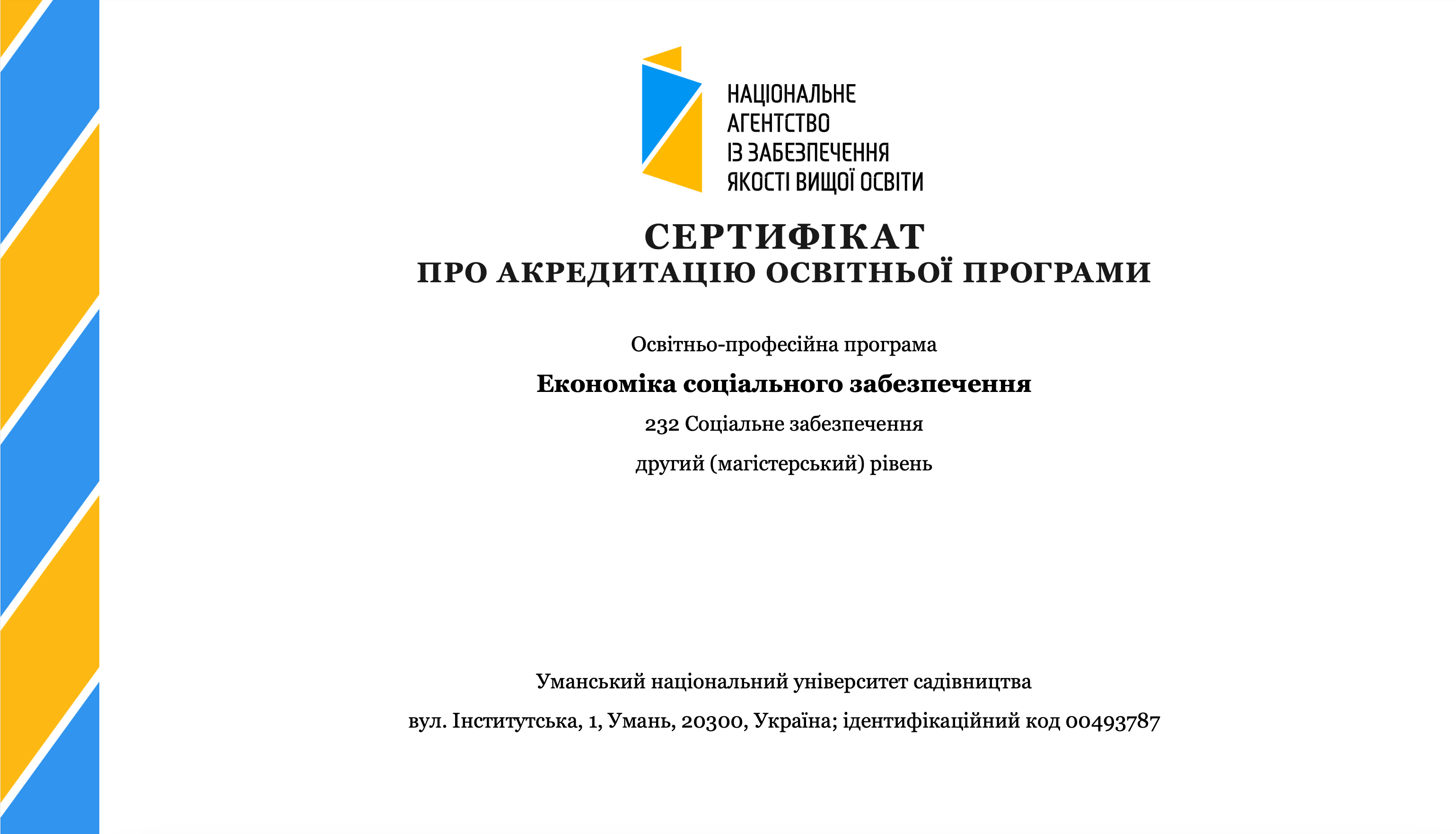
The Social Security Economics study programme has been accredited until 2030.
The second-level higher education programme Social Security Economics, speciality 232 Social Security, has successfully passed accreditation, as confirmed by a certificate from the National Agency for Higher Education and Training, valid until 1 July 2030.
The development of this programme took place within the framework of the international ERASMUS+ project (ERASMUS-EDU-2022-CBHE-STRAND-2) – DEFEP ‘Distance Education for the Future: EU Best Practices in Response to the Demands of Modern Higher Education Students and the Labour Market’.
The project has yielded notable outcomes, including the enhancement of the distance learning component of the programme in accordance with European best practices, encompassing the reinforcement of institutional, organisational, methodological, human and technical support. The faculty members of the Department of Entrepreneurship and Business Technologies have undergone professional development training, thereby acquiring the requisite competencies to ensure a quality educational process. Furthermore, educational materials aimed at cultivating a culture of academic integrity have been incorporated into the curricula, and a state-of-the-art laboratory has been inaugurated.
The success of the programme is attributable to the dedication of the UNUS Department of Entrepreneurship and Business Technologies, with particular recognition for teachers, students and the programme guarantor Inna Chernega.The accreditation certificate serves as a testament to the programme’s compliance with contemporary standards and a guarantee of its future quality.The programme’s innovative approach to distance learning has been met with significant approval by both higher education students and employers, contributing to its notable popularity.


